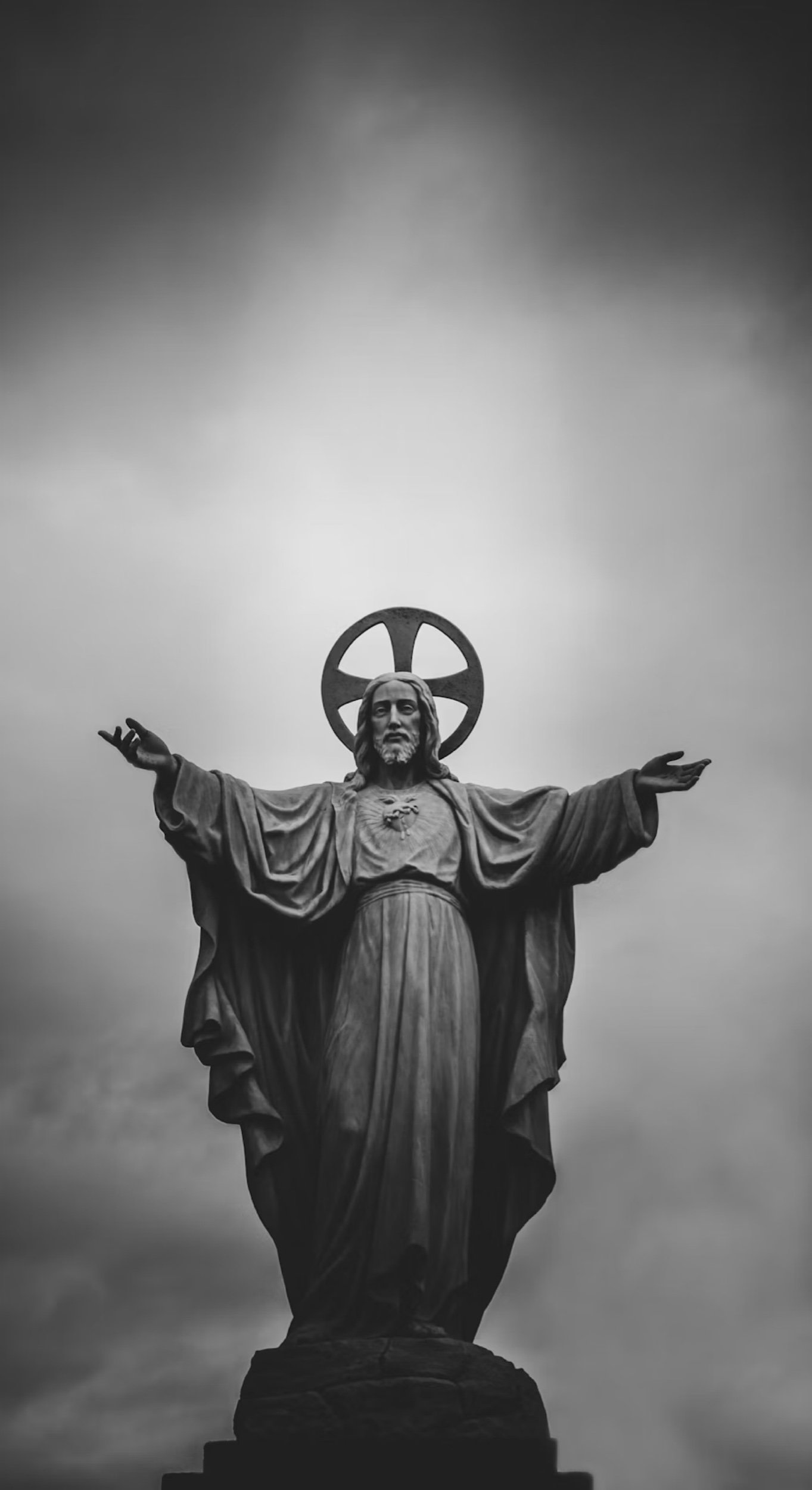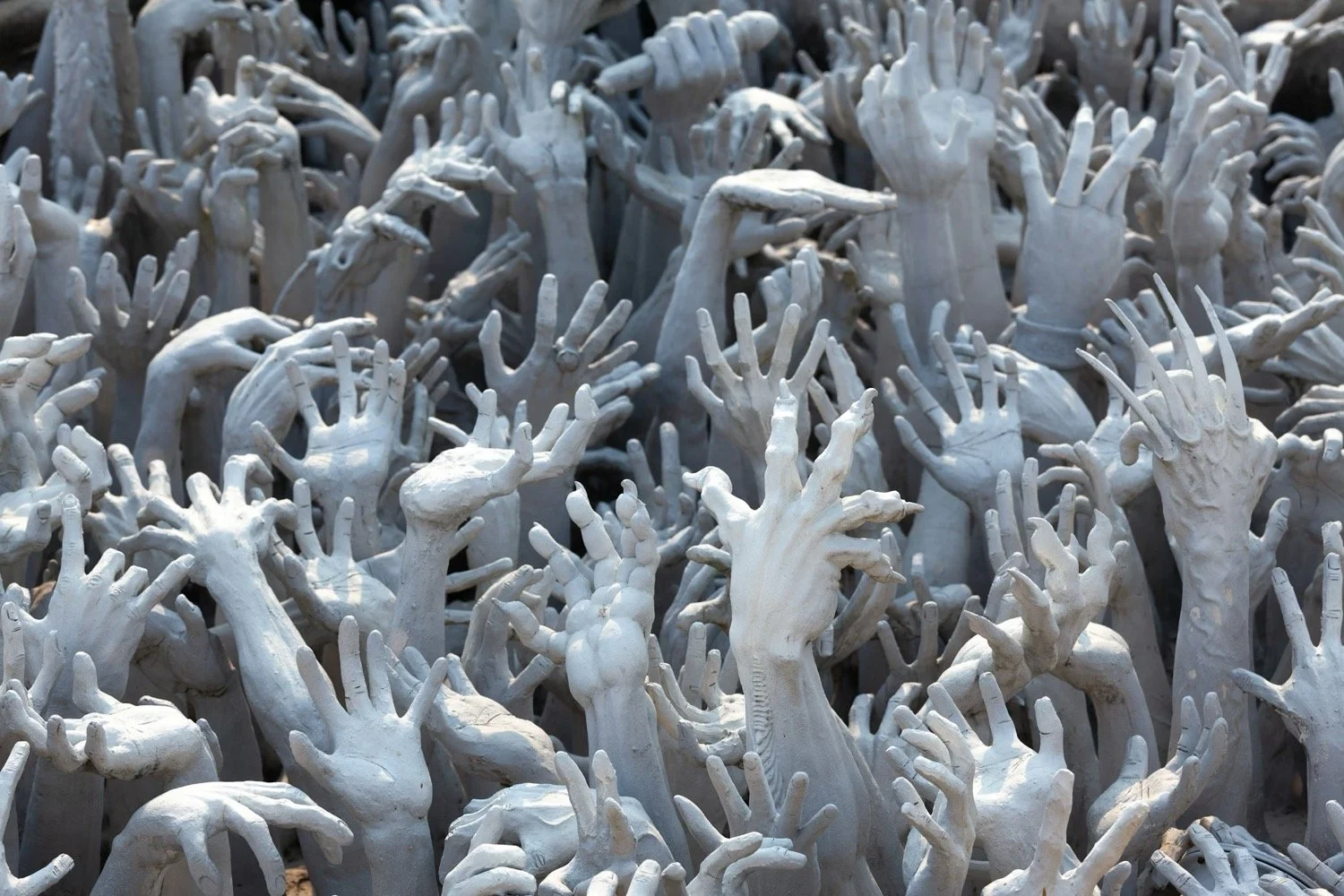Readings for today: Ezra 7-10
The mission of God is impossibly large and complex. It is global. It is universal. It’s reach spans the centuries. God will never rest until the gospel has been preached in every tongue to every tribe in every nation. He will never rest until all have the opportunity to come to a knowledge of His truth and be saved. He will never rest until every knee bows and every tongue confesses that He is Lord. And perhaps most amazingly of all, He entrusts this great work to His church. His people. Now, if you are like me, the task seems overwhelming. Where do we even begin? How can I even begin to marshal the resources and wisdom and strength to accomplish this mission? I am so weak. I am so small. I am so insignificant. Where can I go to find what I need to do what the Lord has called me to do?
Much like Ezra, I begin with fasting and prayer. “I proclaimed a fast by the Ahava River, so that we might humble ourselves before our God and ask him for a safe journey for us, our dependents, and all our possessions…So we fasted and pleaded with our God about this, and he was receptive to our prayer.” (Ezra 8:21, 23 CSB) Fasting and prayer have been part of my life for many years now. The discipline of fasting reminds me of how empty and weak I am. It reminds me of my deep need for God. It makes me hungry for more of Him. More of His Word. More of His Spirit. The discipline of prayer is my connection to God. It is the ongoing conversation between my soul and God’s Spirit from which I draw so much wisdom and strength.
God has promised so much to His people. He promises to feed those who are hungry. He promises to quench the thirst of those who seek Him. He promises to give wisdom to those who ask and strengthen those who are weak. He encourages us to cast all our anxieties on Him and to lay our worries at His feet. He loves to listen to our needs and wants and desires. He is a good and loving Father who does not give a stone to those who ask for bread or a snake to those who ask for fish. He wants us to seek. He wants us to ask. He wants us to knock. And He promises He will be found. He promises He will respond. He promises He will open the door to anyone who humbly comes before Him.
Why then is fasting and prayer a last resort for us? Why is it not the first step as it was for Ezra and his people? Why do we wait until we’ve exhausted our own strength and wisdom and effort before coming to God in fasting and prayer? Why do we try so often to go it alone? Is it pride? Is it fear? Is it selfishness? Is it a desire to prove ourselves? To demonstrate our independence? Maybe some combination of all of the above? God invites us into His presence. God invites us to draw on Him for all we need in this life. God invites us to taste and see His goodness and His glory. God invites us to lay hold of His power for His mission in this world. Take the first step today. Spend time fasting and praying and asking the Lord to show you His will and His way.
Readings for tomorrow: Nehemiah 1-4




